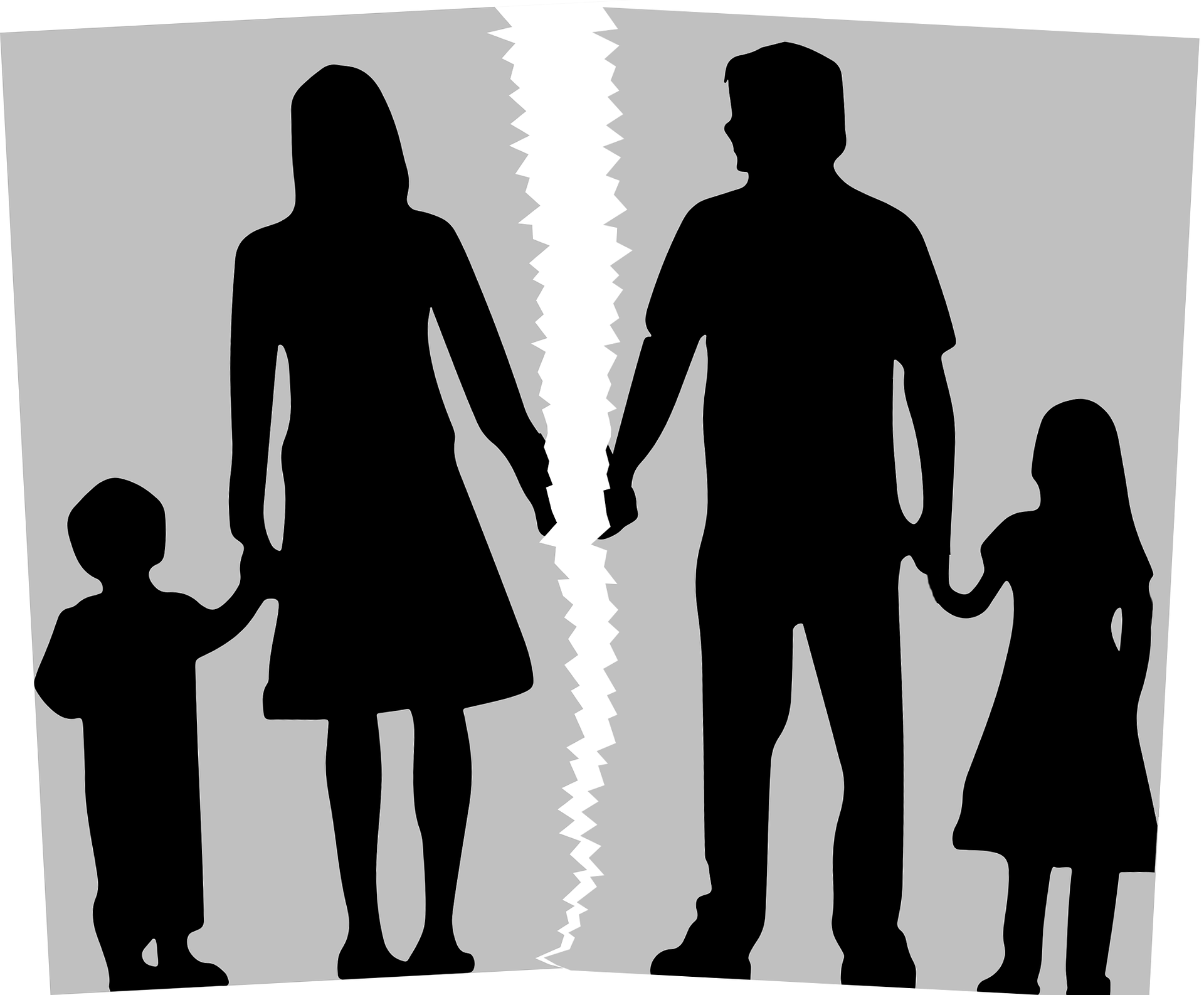
When a couple goes through divorce proceedings, they must consider new situations for their future. If they have children, the parents must determine their children’s future custody arrangement. The court hopes that parents can come to an agreement that is in the best interest of the children. In the event that they cannot, the court may step in and the judge can make the decision for them. A child’s custody determines which parent they spend most of their time with and who is responsible for making decisions for them throughout their life. Different custody arrangements exist to be considered by parents going through a divorce.
Physical Custody
Physical custody, also known as residential custody, addresses the child’s main guardian and where they will live. The parent that is awarded physical custody is also known as the custodial parent. This is because they are the one the child will live and spend the majority of their time with. Regardless of where they usually reside, the child will also spend time in the non-custodial parent’s home.
Legal Custody
It is important for parents to understand what legal custody is while going through a divorce. While physical custody pertains to where a child lives, legal custody covers a different part of a child’s life. A parent can and should still fight for legal custody if they do not have physical custody of their child.
When a parent is awarded legal custody, they are given the right to make important decisions for their child throughout their life. This allows them to have influence over matters such as health care, academics, religious practices, and more. Having this right is important to ensure both parents have a relationship with their child and are influential in their life. It can also be beneficial in the event that a custodial parent wants to relocate with their child at any point. Legal custody allows the non-custodial parent the right to have a say in these situations.
How is Custody Determined?
In court, a judge is given the opportunity to make the final decision regarding a custody arrangement. This decision is made with the consideration of several factors. This may include but is not limited to:
- If the parent will act in the child’s best interest
- If the parent can provide a stable home
- The relationship between the child and each parent
- Any history of abuse
- The needs and safety of the child
- The preference of the child if they are of sufficient age
Contact our Firm
If you or a family member is going through a divorce and seeking legal representation for child custody, contact the Law Offices of Paone Zaleski & Murphy today.
If you require strong legal representation for matters of divorce and family law in New Jersey, contact The Law Offices of Paone, Zaleski & Murphy to schedule a consultation with one of our experienced attorneys today

